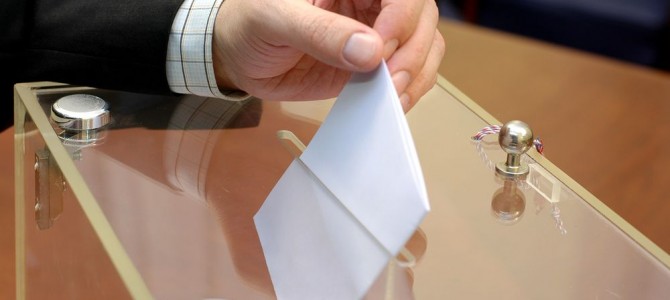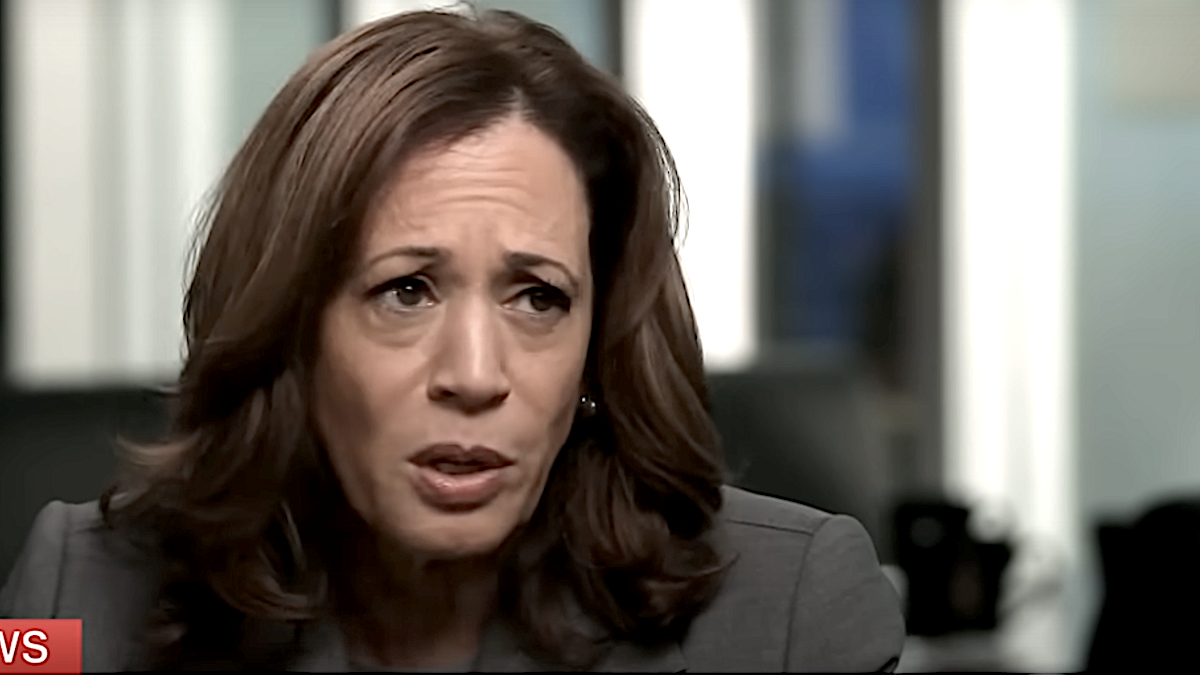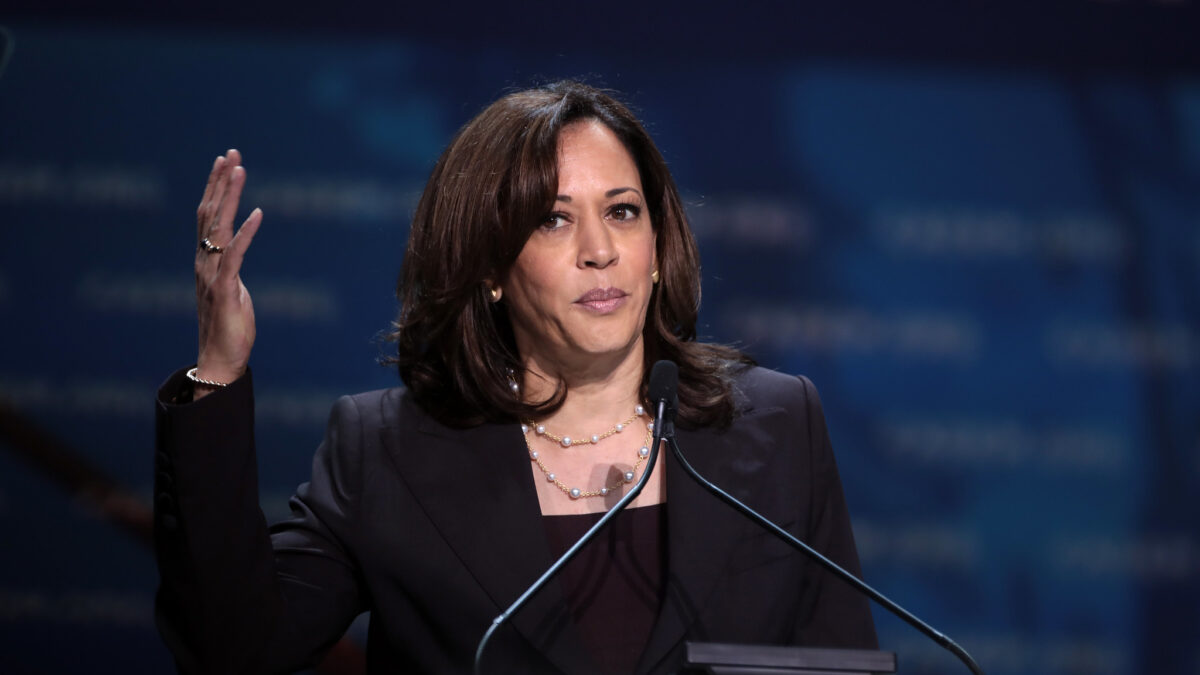Americans are facing a disheartening choice this November. Both major-party nominees are unqualified to be president of the United States, each in their own way. Friedrich Hayek was right: When it comes to government, the worst get on top.
Choosing for others and using government to coerce them into going along with our choices is the nature of politics, and it appeals to the very people who should never be given power. But America has 320 million people. Why must we choose between these two?
We commonly refer to voting as the process of choosing the lesser of evils. Embedded in that bleak quip is the assumption that one of those evils, while not desirable, is not completely unqualified, and we are willing to grudgingly vote for it. That assumption is not valid with these candidates. Neither is worthy of our vote.
Our government’s legitimacy is based on the consent of the governed. But our elections are structured so that the only way to withhold consent is not to vote. Low turnout may signal our disinterest or disapproval, but one of the unqualified candidates will still become president. We need a way to withhold consent through voting. That means we need None of the Above (NOTA) to be on the ballot.
We could vote for NOTA as a way to withhold consent when forced to choose between unqualified candidates. When NOTA receives a plurality of votes it could trigger a new election—a redo election—that excludes the candidates that lost to NOTA. A redo of this debacle is absolutely what we need. Along with reducing the lack of consent, NOTA could reduce incumbency advantages and negative campaigning, and increase voter turnout.
NOTA would be far more effective than campaign-finance reform in reducing the overwhelming advantages of incumbency. In many races, second-rate incumbents win by beating third-rate or underfunded challengers. With NOTA, a fitting office holder could lose an election and give new candidates a chance even in a hopelessly gerrymandered district.
If NOTA came close to winning, even the most entrenched incumbents might be forced to reconsider their positions and inject some needed humility into their thinking. Adding NOTA to the ballot might also improve the nation’s abysmal voter turnout. NOTA might even discourage highly negative campaigning, because candidates would be running for voters’ approval, not just to offend fewer people than their opponents do.
NOTA would transfer power from politicians and political parties to voters, and therefore likely faces strong opposition from both major parties and those that collude with them. Nevada is the only state with a NOTA option. However, it lacks the trigger mechanism for a new election if NOTA wins a plurality. More states would need to adopt NOTA—with the mechanism for a new election—for it to be a meaningful way to withhold consent.
Third-party and independent candidates—such as Jill Stein, Gary Johnson, and Evan McMullin—can be another way to withhold consent from the major-party candidates. But they will probably never command the broad support that NOTA would when both major-party candidates are unqualified.
NOTA would allow Americans—including Never Trump and Never Hillary voters—to reject choosing between two unqualified candidates and demand better choices from the major parties.









